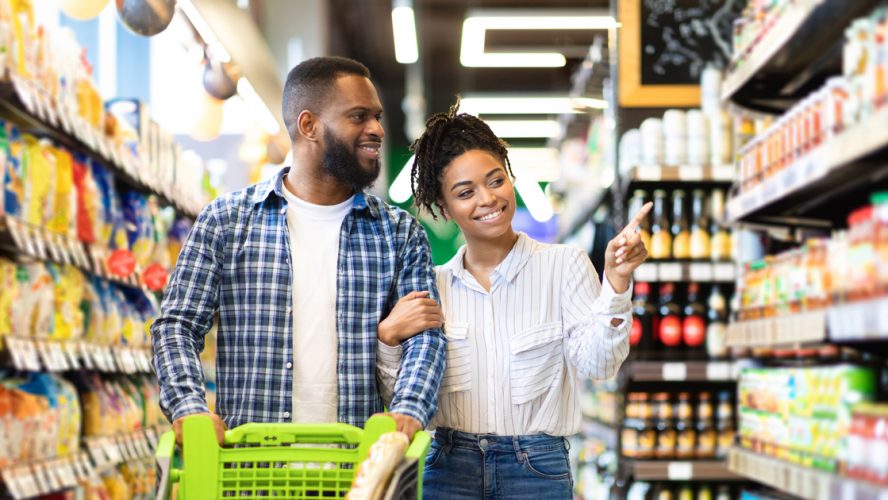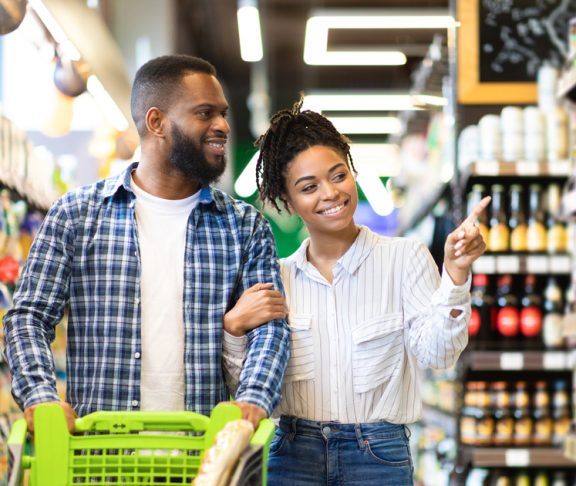
Raffi Schieir
Director, Bantam Materials Ltd
Plastic in the ocean is a menace to marine life and to the rest of it. But there is an achievable solution and it starts on land.
It is now very widely accepted that single use plastic is enormously harmful to the environment. Whenever possible, the consumer should be encouraged to use packaging that is made from recycled materials and can still be recycled. Nowhere does this apply more than to ocean-bound plastics. “It is really important to distinguish this category,” says Raffi Schieir, Director of Bantam Materials Ltd.
Degraded by sun and salt
“When it’s been in the sea water, plastic has been so degraded by the sun and salt that it’s virtually impossible to recycle and it’s just a clean-up operation. With ocean-bound plastic, you engage in collection from ocean communities in at risk areas, bring the plastic elements back into the supply chain before it enters the marine environment and it can then go back to the consumer.”
“There are between eight and 12 million tonnes of plastic entering the ocean each year,” says Schieir. “But we can focus on a true and achievable solution by supporting bottle collectors and coastline communities in recycling. We also need to connect with the consumer, otherwise companies will continue to use new plastic as it’s still easier and cheaper to do so. But if the consumer prefers products that are more sustainable, then it will encourage companies to adopt these practices more quickly to increase their market share.”
Creating demand
Many other elements come into play, not least the importance of traceability and independent third-party certification to reassure consumers about what they are buying. “We want to increase understanding about the supply chain so people really recognise the differences their choices are making,” says Schieir.
“This is already happening. Lidl started using Prevented Ocean Plastic for its white fish and salmon and has subsequently rolled it out into poultry. The supermarket chain Booths has started to use it and Childs Farm and Farmologie now use 100% Prevented Ocean Plastic for their shampoo bottles.” New partners are planned for launch across the year.
Indeed, the quality of RPET (recycled polyethylene terephthalate) is now so high and employs such high criteria that it has been used for PPE, specifically face visors. “The industry is fully regulated,” says Schieir. “But the most important thing is to tell the truth to the consumer. Many people are sceptical as products are presented as green or blue and then turn out not to be, but in this case a positive solution can be achieved. Buyers can believe what it says on the pack.”


